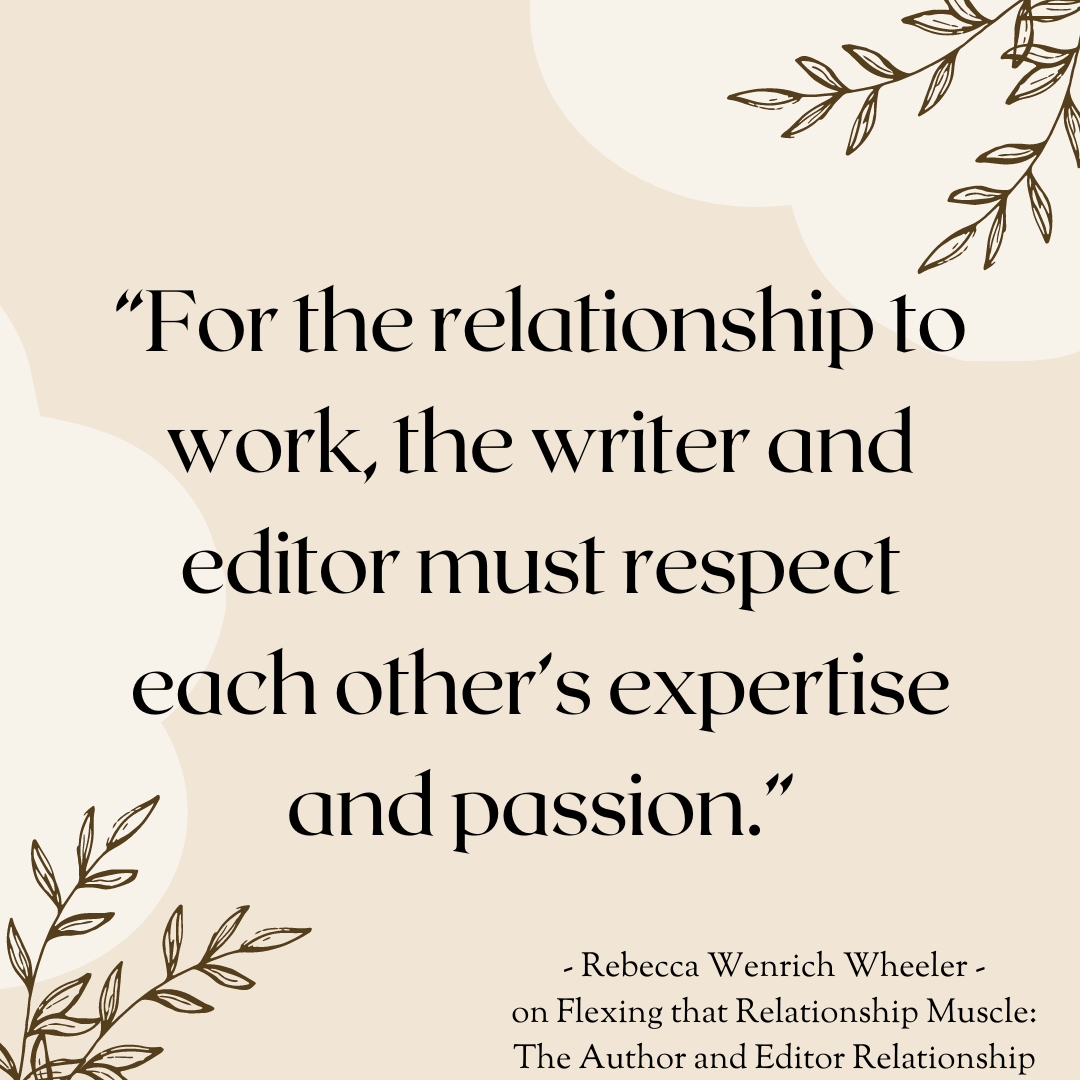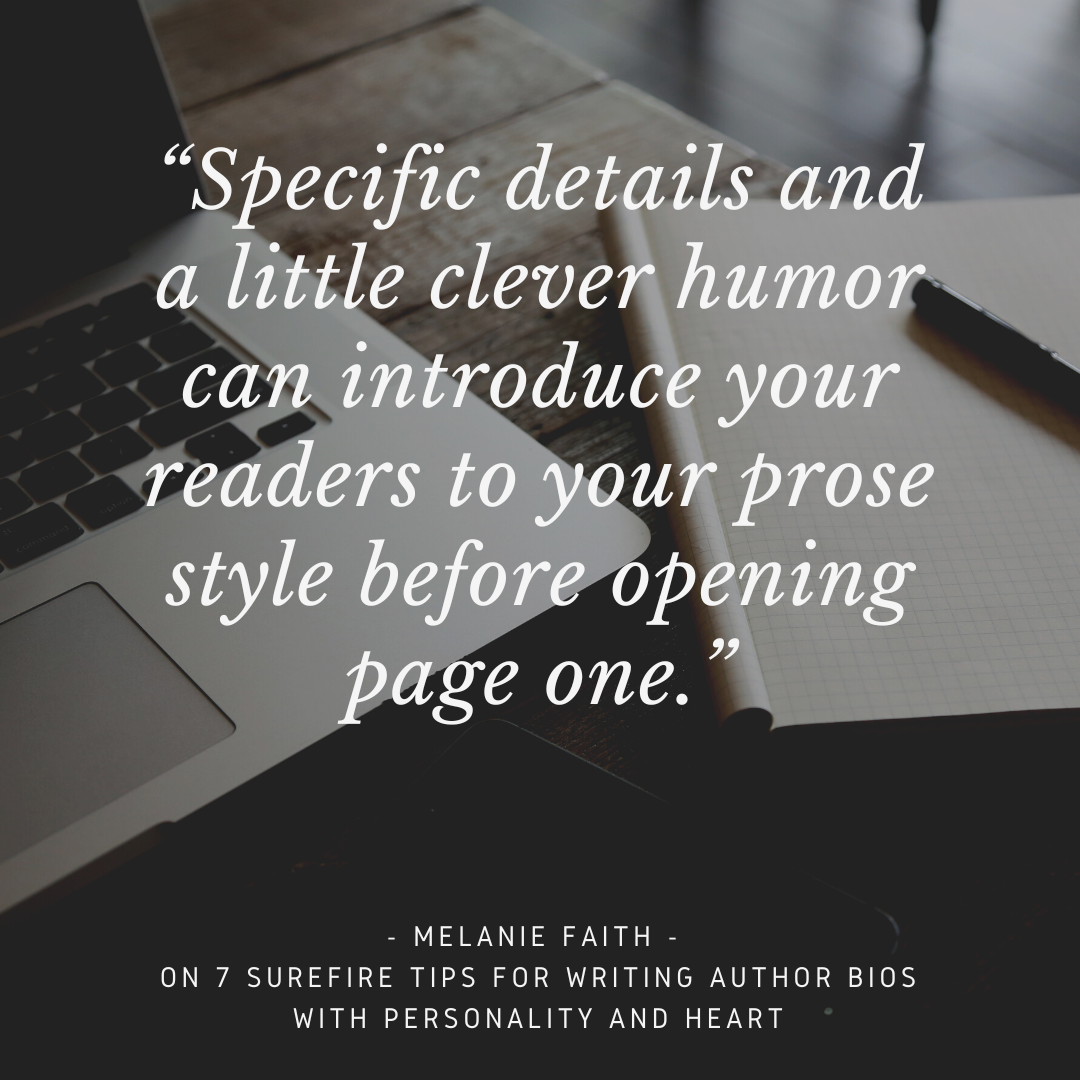For the better part of my adult life, I have edited other people’s work, first as a high school English & Creative Writing teacher, and then as an adjunct college instructor. I tend to provide a lot of feedback, namely because I want my students to reach their capabilities as a writer and researcher. If I didn’t believe the students had the potential to improve, I wouldn’t spend so much time writing feedback.
When my first picture book, When Daddy Shows Me the Sky, was accepted for publication in 2020, it had been a long time since I was on the receiving end of the editing pen. Even though I would have loved to have been published earlier in my life, I am thankful that by the time I worked with an editor on my first book, I had developed a confidence in my own voice that didn’t exist in my twenties. That confidence allowed me to enter this new editor-author relationship as two professionals collaborating rather than a writer with an inferiority complex.
Book editing happens in a variety of ways. For my two picture books, a single editor went through four revision rounds with me, and my editor served as the intermediary with the illustrator and designer. She was truly my partner through the entire process. My second picture book, When Mama Grows with Me, will be released in Spring 2023. Both picture books are published by Belle Isle Books, an imprint of Brandylane Publishing.
The editing process with my YA novel, Whispering Through Water, was very different. Instead of one editor I had three. Each editor served a different purpose. The first was a developmental editor, then copy and line editors. In terms of the design process, I communicated directly with my publisher at Monarch Educational Services, LLC.
For me, switching editors through the publishing process was more stressful, because the communication style changes with each editor. I learned that I prefer for the editor to ask me clarifying questions, so I have a chance to extrapolate the intended meaning, rather than the editor making content changes without asking questions. Also, I am turned off by sarcasm in comments, as I personally don’t find that professional. An editor isn’t an author's boss or teacher, rather the editor serves more as a coach guiding the plays to improve the writer’s game. If something isn’t working in the relationship, it’s okay to communicate with the editor about the concern. Or if a particular question or piece of feedback was helpful, tell your editor that as well, which also helps her know how to best communicate with you.
With each editor change, comes a new relationship to navigate. Though fundamentally, whether I have one editor or three, I just want to know she is as invested in my work as I am. For the relationship to work, the writer and editor must respect each other’s expertise and passion. Respect is reciprocal.
For those new to the writer-editor relationship, keep this in mind: the editor chose your work, which means she believes your work deserves to have an audience. You both have the same goals: for your unique author’s voice to shine, the book to be loved by readers, and hopefully make a little money in the process.
Rebecca Wenrich Wheeler was raised in West Point, a small town in the Tidewater region of Virginia. From the moment she submitted her first short story to a young author’s contest in second grade, Rebecca knew she wanted to be a writer. Her love of writing led her to earn a BA in English and an MEd in English education. She spent several years as a high school teacher, during which she also developed a passion for mental health advocacy. Rebecca completed an MA in professional counseling and now works in the school-based mental health field and as a college adjunct psychology instructor. Rebecca also teaches yoga for the young and the young at heart, and she likes to infuse yoga and breathwork in her counseling practice wherever she can. She believes the most valuable use of her time is teaching youth how to love and care for each other and the world around them. Her stories share her focus on positive relationships and a love of nature. Rebecca now lives in Durham, North Carolina, with her husband, two children, and two spoiled Siamese cats. Readers can connect with her on Instagram @rebeccawwheeler_author, Twitter @RWW_author, and www.rebeccawwheeler.com






